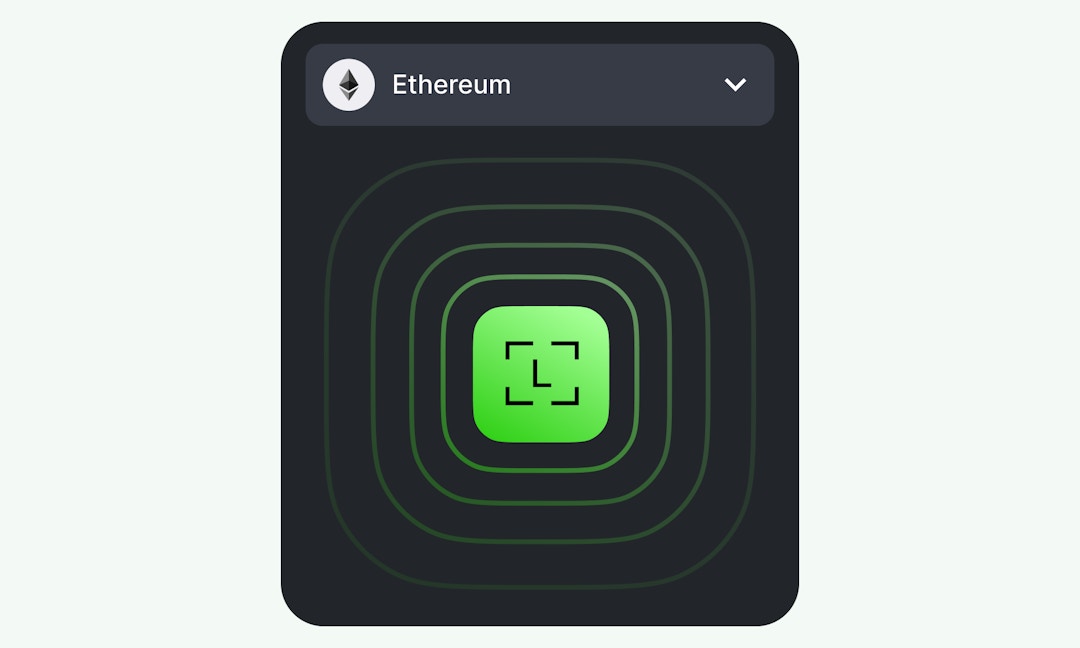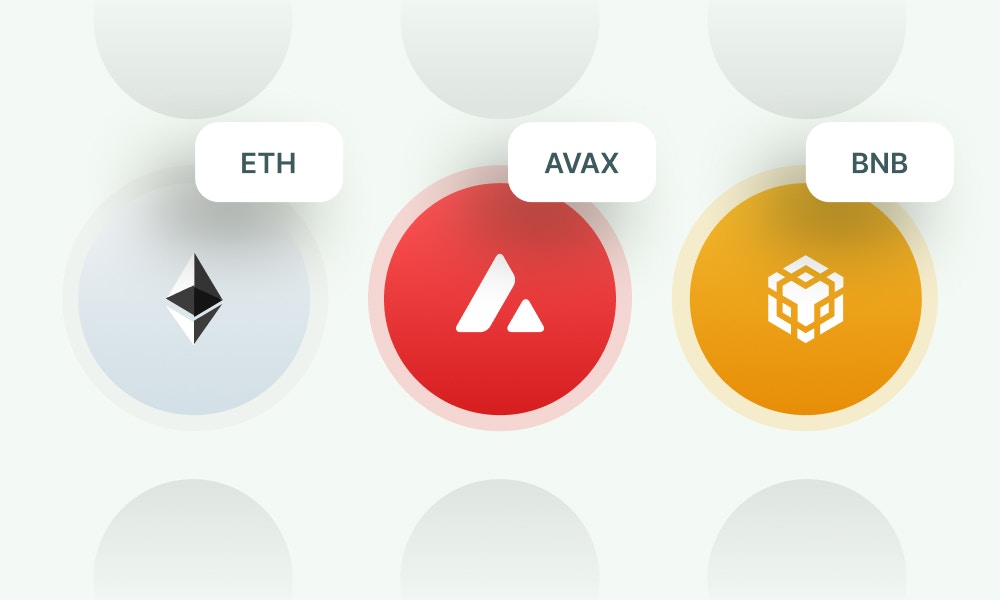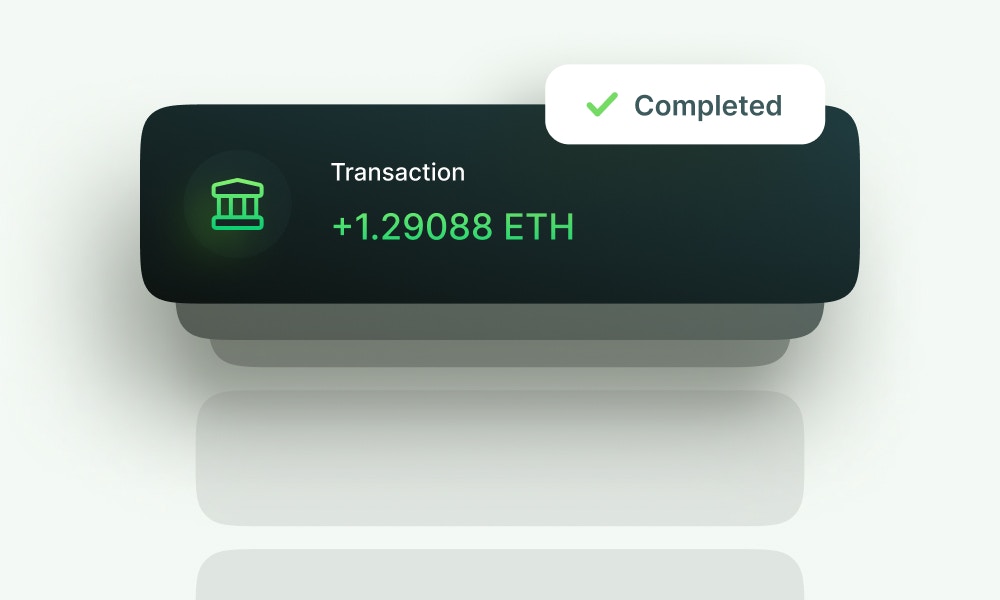Wigwam is a great alternative to your current crypto wallet
A solution that will satisfy all your needs
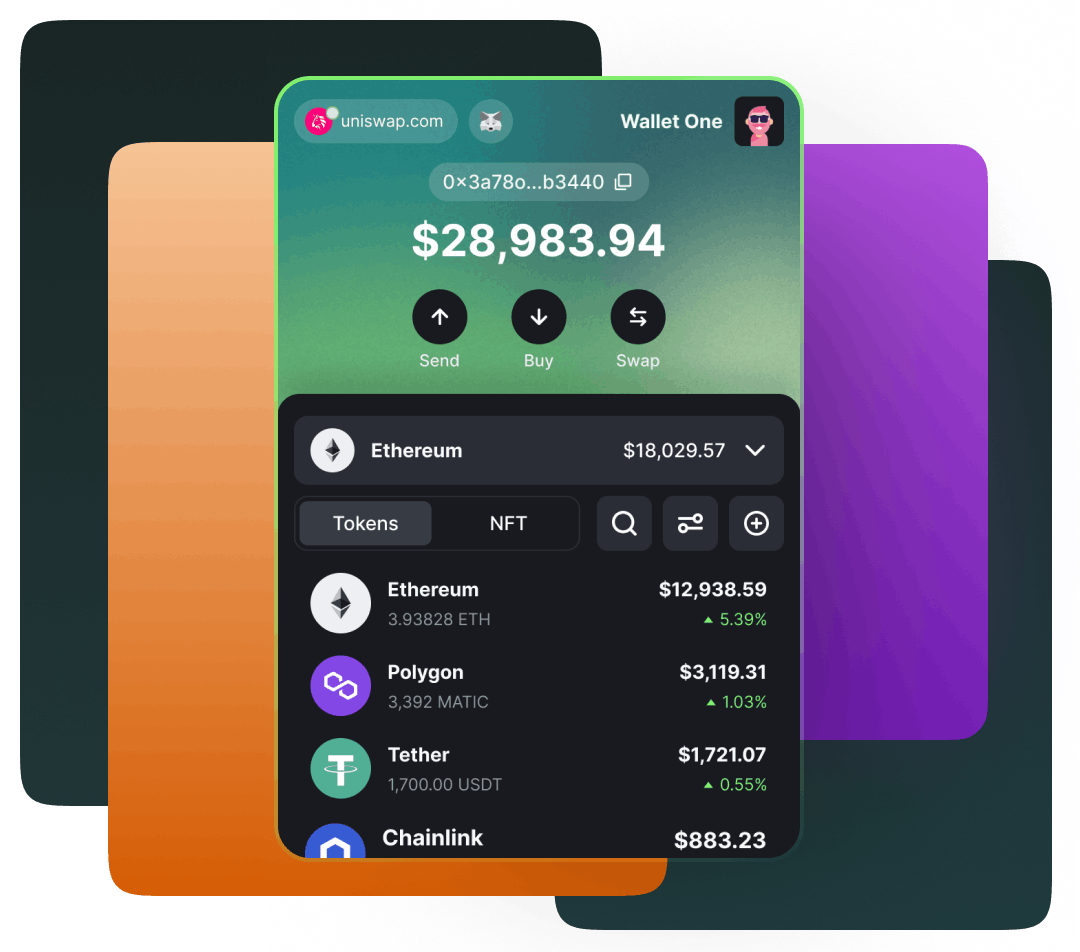
Why to choose the Wigwam wallet
Trade over 2,000 tokens
No fuss, no muss – Wigwam Web3 wallet comes pre-loaded with integrated access to multiple popular networks
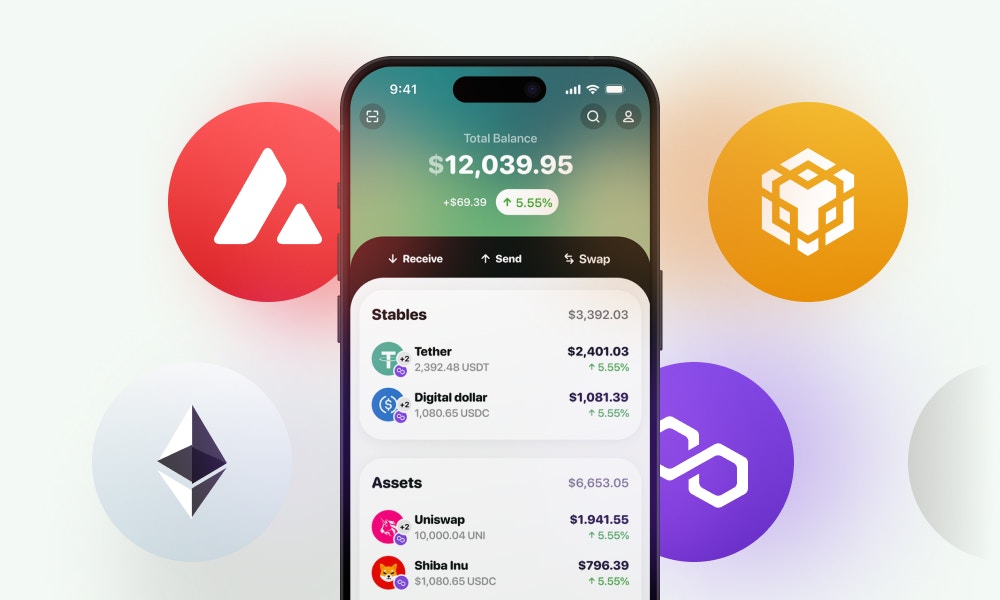
Advanced token analytics
Gain instant access to full analytics for all market trends. Monitor your portfolio in real time, discover the best opportunities, and make informed trading decisions with ease.
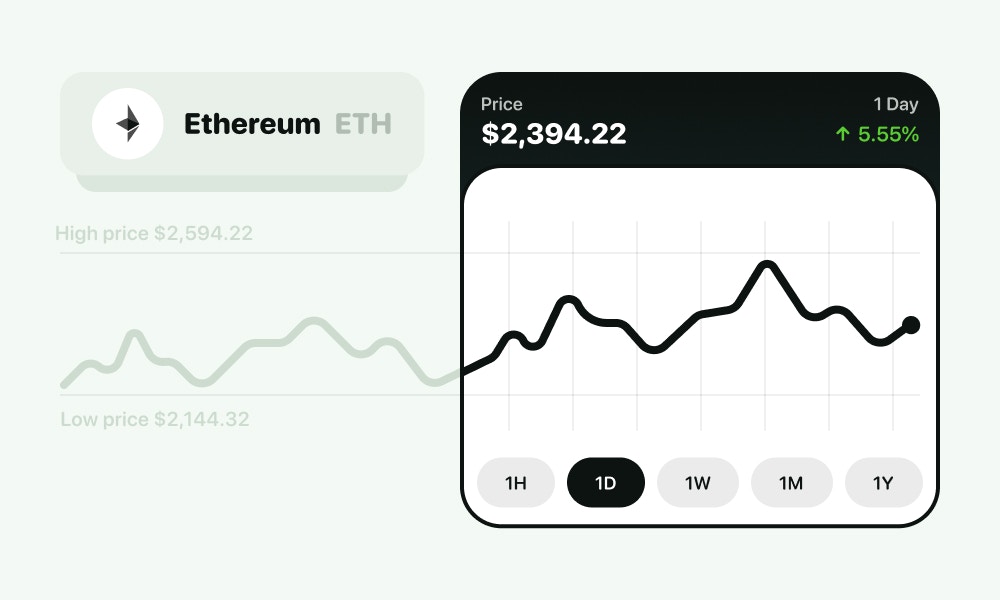
Cutting-edge security
Security is our top priority. Protect your assets with advanced MPC (Multi-Party Computation) technology, which securely splits and stores private keys, minimizing the risk of loss or theft.
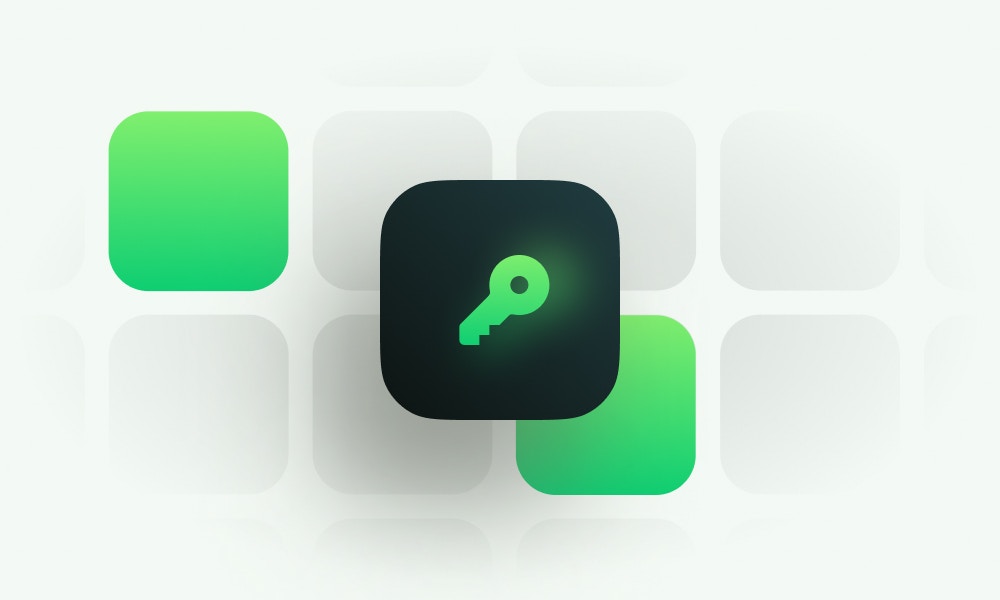
User-friendly interfaces
Wigwam simplifies your Web3 experience by removing the complexities of blockchain technology. Our intuitive interface is designed for both beginners and experienced users. Start your journey in the decentralized world with confidence

True ownership of your tokens
Wigwam is a non-custodial wallet, giving you full control of your funds without the risk of being blocked, banned, or having your assets frozen, as can happen with traditional exchanges.
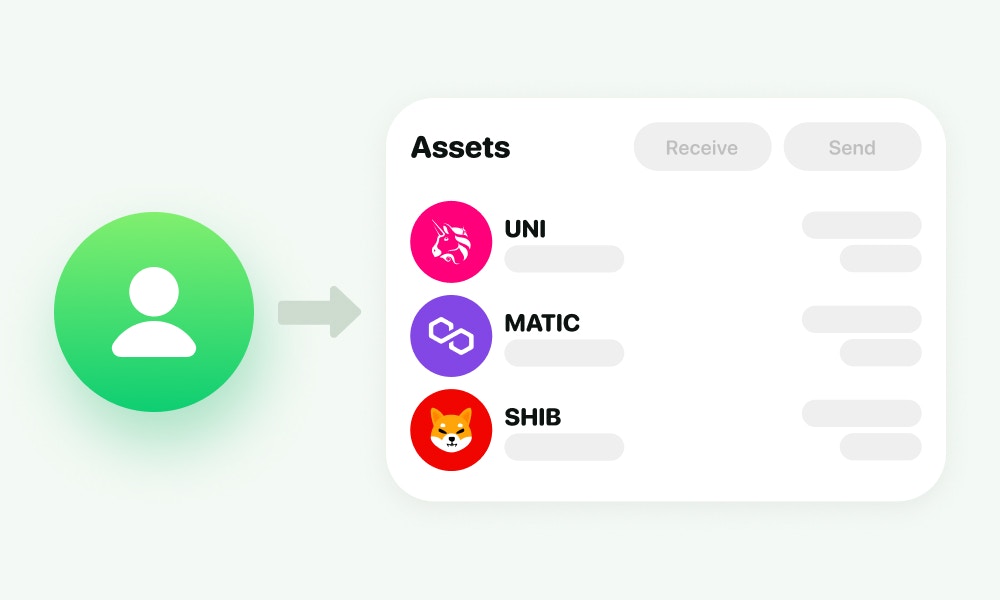
Multi-device access
Easily access your wallet from your phone, desktop, or any device. Manage and control your active sessions securely across multiple devices.
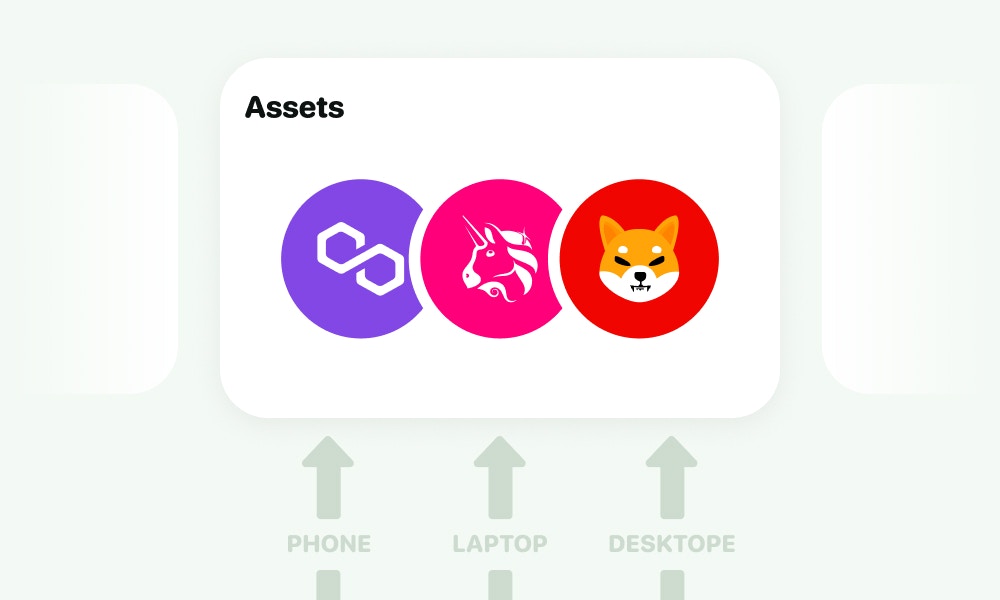
Loyalty program
Engage with crypto in our app and earn points through our loyalty program. Invite friends, level up, and exchange points for valuable rewards. Enjoy a seamless user experience while having lots of fun!

Compare Wigwam Web 3 wallet with other popular crypto solutions
FAQ
- Custodial Wallets
These are wallets where a third party holds the private keys, typically a centralized exchange or service provider. While this can offer convenience, it also means that users don't have complete control over their assets, and the service provider can lock these funds.
- Self-Custodial Wallets (or Non-Custodial Wallets)
In these wallets, the user has full control over their private keys and, consequently, their funds. The responsibility of safeguarding the keys and wallet security lies entirely with the user and requires high responsibility for protecting their own funds.
- Hot Wallets
These are wallets that have access to the Internet. They are convenient for frequent transactions and are typically used for storing small amounts of crypto or work with DeFi services. Metamask is an excellent example of a hot wallet. However, being online, these wallets are more vulnerable to cyberattacks and hacks.
- Cold Wallets
These are offline wallets used to store large amounts of crypto over long periods securely. Since they are offline, they are immune to online hacks. Paper wallets and hardware wallets are examples of cold wallets.
- Seed Phrase: It's a series of words (usually 12 to 24) that is used to recover a crypto wallet. The seed phrase generates the private keys for the wallet. Keeping the seed phrase safe and confidential is crucial because anyone with access to it can access and control the funds in the wallet.
- Private key: is a cryptographic key unique to each wallet, allowing the owner to access and manage their funds. It's essential to keep the private key confidential. Someone else can control your assets if they gain access to your private key.
When choosing a blockchain wallet, consider the following factors:
- Security: Ensure the wallet follows the latest security updates, has passed security audits, and has earned market trust.
- Reputation: Check reviews and feedback from other users.
- User Interface: A user-friendly interface can make transactions and management more effortless.
- Compatibility: Ensure the wallet supports the cryptocurrencies you intend to use.
- Backup & Recovery: Look for wallets that offer backup and recovery options.
- Development & Support: A regularly updated wallet with active customer support is preferable.
A crypto wallet is a digital tool for storing, managing, and transacting cryptocurrencies. It consists of a public key, like an address that others can see and send funds to, and a private key, known only to the owner and used to sign transactions and access the funds. When someone sends you crypto, they transfer ownership of the coins to your wallet's address. To spend those coins, the private key stored in your wallet must match the public address to which the coins were sent. To conduct any transaction, a crypto wallet must have access to the blockchain. So, even cold wallets need access to the Internet to send tokens.
A hardware crypto wallet is a physical, electronic device designed to store cryptocurrencies' private keys securely. Since it's a form of cold storage (offline), it's immune to online hacks. Transactions are signed on the device and then broadcast to the blockchain, ensuring the private keys never expose themselves to internet-connected devices. Popular examples include Ledger Nano S and Trezor.
